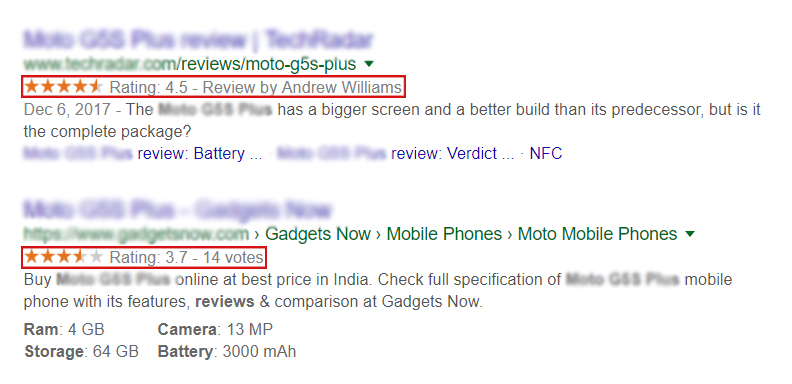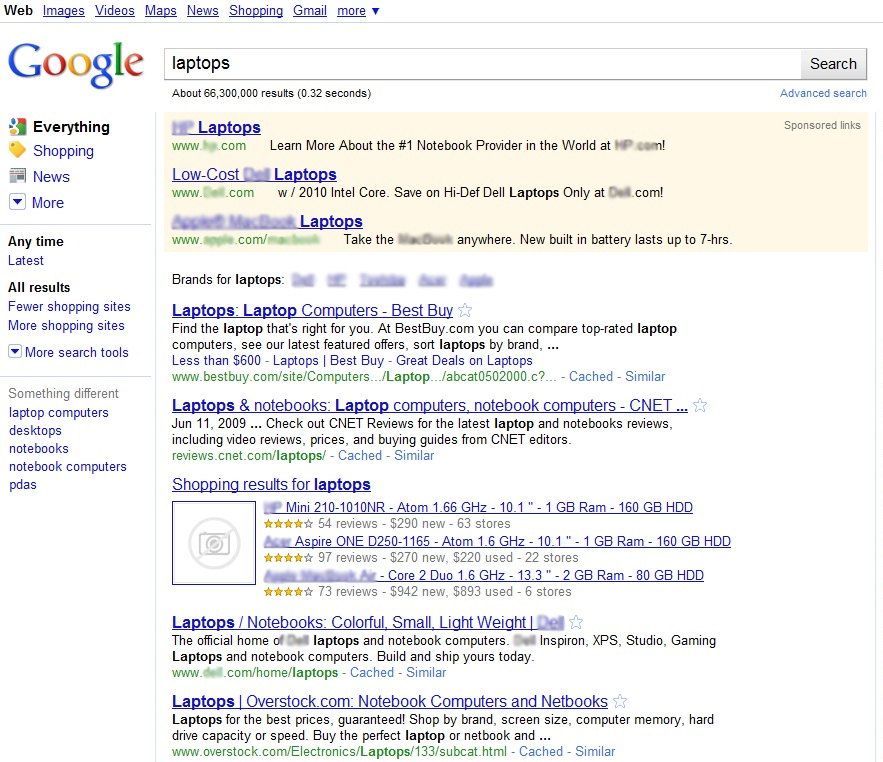‘70% of the links clicked on by search users are actually organic’, this stat highlights the amount of traffic & exposure your website can get by employing Search Engine Optimization. With over 200 factors comprising Google’s algorithm, SEO is complex yet scientific. The ever-dynamic nature of SEO makes it more challenging. Search engines are evolving at a rapid pace and we as digital marketers need to ensure we are completely on top of them and understand the changes they undergo from time to time. Here’s a list of the most anticipated and influential changes coming to SEO in 2018!

Voice Search is Beginning to Dominate
According to a Google report, 55% of teenagers and 40% of adults are using voice related search on a daily basis. Voice Search technology presents a big opportunity in changing how we interact with search engines and devices. According to Google, 1 out of 5 searches already come from voice queries.
This changes the search market and we’re expecting to see an even bigger shift towards voice search in 2018. When we search on Google, Bing, etc., we search using improper &trimmed sentences and focus more on keywords, as opposed to typing entire phrases or questions. We don’t type our searches as we would say them. It’s unlikely that you speak to your device as if you were speaking to a human in everyday conversation, and more often than not, the results yielded are absolutely on-point.So, what does this mean for us digital marketers? Well, the biggest shift relates to our keyword strategies in what we wish to rank for. SEO Yoast has written a superb article on exactly how to prepare for this.
Linkless ‘Backlinks’
Linkless ‘backlinks’ essentially refer to search engines qualifying backlinks for keywords and phrases that do not actually contain a link. For example, if a website referenced the phrase ‘General Data Pvt Ltd’ but didn’t actually link to anything, this would be a linkless ‘Backlink’. Over recent years, search engines like Google and Bing have developed the ability to judge a website’s reputation using any reference to a brand, anywhere on the internet, provided that it is mentioned in the referring website. In 2014, Google filed a patent for this under the term ‘implied links’, and it is thought that 2018 will be the year that Google will implement this.
Featured Snippets
Featured snippets are designed to fundamentally give a concise, clear and comprehensive answer to the question the searcher is asking for. Whenever a user asks a question in Google Search, we might see a search result in a special featured snippet block at the top of the search results page. This featured snippet block is a summary of the answer, extracted from a webpage, plus a link to the page, the page title and URL. The summary is a snippet extracted programmatically from what a visitor sees on your web page. This is how featured snippet works. When search engines recognize that a query asks a question, it programmatically detects the pages that answer the user's question, and display it as a top result as a featured snippet in the search results. A Featured Snippet is used to draw user attention to the results page.
Personalised SERP Developments
With more and more users looking for that personal experience on almost every platform they use, Google has been pushing the development of Personalised SERPs. Personalized search results are the results a user sees in a search engine that aren't just based on the traditional ranking factors (such as the relevance of web pages to the search term or their authority), but also on the information that the search engine has about the user at that particular time, such as their location, search history, demographics, or interests. This is how Personalised SERPs work. When a user searches something for the first time, by default the search will unbiased. Once the user clicks on a specific link, that link will likely become that users preferred ‘entity’ and so it is only when the user again searches for that term, then the search engines will likely rank the previously clicked website higher. The key here is to ensure you are the entity the user clicks on first.
Survival of the Fastest
It has been found that 40% of users will abandon the page if it takes over 3 seconds to load. Loading speeds are everything when it comes to providing content to your audiences. Not only is this major ranking signal to search engines, it is also a major UX factor. Users want the content, and they want it fast! Search Engines prioritize site load speed accordingly.
Structured Data
Structured data is an HTML markup in the form of code. For example, you could use it to list all the important data regarding an electronic product such as the number of reviews, average rating, specifications, features, availability, pricing and so on.
Using structured data in your pages will give the users the ability to showcase a snippet, for example:

Google’s search pages would look like the picture below, a few years ago -

As you can see in the image above, Google would display a long list of boring and uninviting blue links. These days, however, Google’s SERPs look a lot different. They have now evolved into well-formatted pages containing a host of useful information for almost anything you search, and often without the user even having to click a link as discussed in the ‘featured snippet’ section.
We expect many more SEO changes to come this year. Staying updated with new SEO practices & tips is the key to remain one step ahead of your competition.












